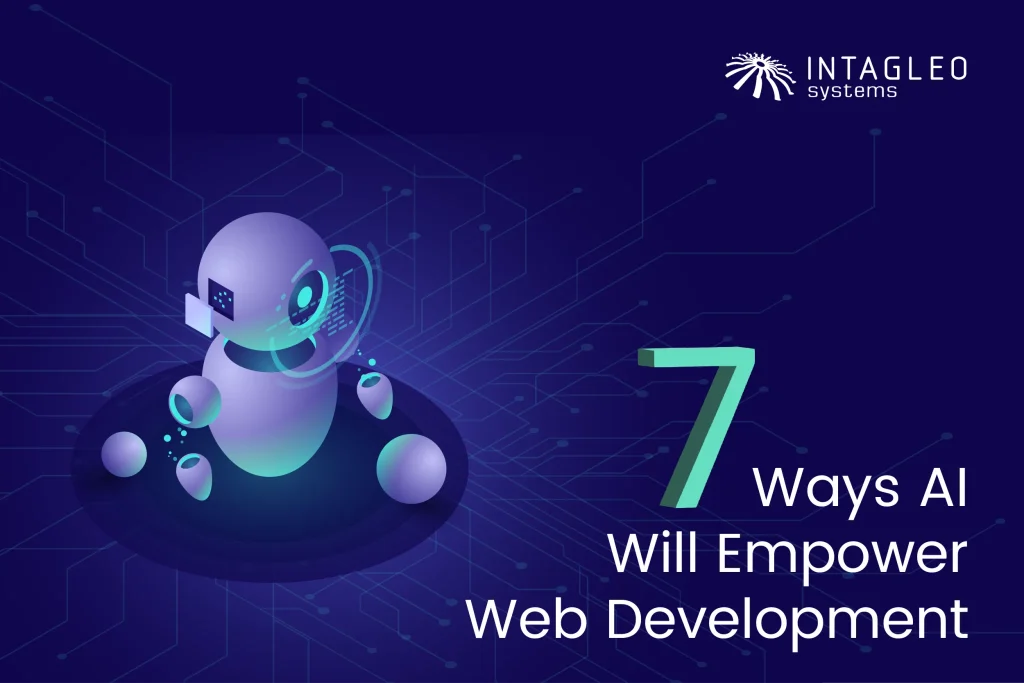As technology progresses and seeps into almost all aspects of our personal & professional lives, we get introduced to a slew of new & useful tools. Recruiters are slowly but surely taking advantage of technology too and opting for smart hiring. Automated one-way video interviews or asynchronous interviews are one example.
Statistics suggest that over 60% of HR personnel and recruiters rely on video interviews for hiring. According to a study, 47% of 506 companies surveyed use video interviews to shorten their time to hire.
Interviews can be rather stressful for both the recruiters and candidates. Especially, if that means going out of the comfort zone. Like every other industry, whenever there’s a change or introduction of new technology, there are always more opponents than proponents, initially. It’s only after seeing the benefits that they become a fan and get comfortable with it.
Similarly, video interviews are relatively new and saw a boost amid the COVID-19 pandemic. We are so accustomed to face-to-face interviews that we don’t even realize they are actually more demanding than video interviews. For many recruiters, face-to-face is the only way to hire and for many candidates the only way to get hired.
Asynchronous or automated one-way video interviews are relatively new but proving to be quite beneficial for everyone. Recruiters can schedule & conduct multiple interviews simultaneously and focus on other strategic organizational tasks. On the other hand, candidates don’t have to worry about running late for an interview and can record their responses from anywhere and on any device. Before we proceed with the benefits of automated one-way video interviews, let’s briefly discuss what it means.
What are Asynchronous or One-way Video Interviews?
One-way video interviews allow recruiters to screen candidates and decide whether to conduct the next interview/s.
What makes it unique is that the candidate is not talking to the interviewer. Instead, he/she records video responses to specific questions from their smart devices or computers and from anywhere. Employers can then assess these responses and shortlist candidates for the next step.
Let’s take a look at some other recruitment automation advantages.
Benefits of Asynchronous Interviews
It fits your schedule
With automated one-way video software, recruiters can conduct multiple interviews simultaneously, without giving up on other important HR-related tasks. They can devise a set of questions for a particular job role for let’s say, 50 candidates, and share the interview link with all of them with a single click. This process would’ve otherwise taken ages to complete.
One-way video interviews are quite beneficial for candidates too. They can appear for the interview from the comfort of their homes, record responses whenever they want, and also not worry about the pressures of face-to-face interviews. Thus saving them time and transportation costs, and also relieving them from mental stress.
Allows candidates to showcase themselves
More often than not, telephonic and face-to-face interviews don’t allow recruiters to interview more candidates and they are sometimes subject to small talk. This steals the spotlight from candidates and they don’t get to fully exhibit their skills or express themselves.
Asynchronous/one-way video interviews give candidates a chance to shine and allow recruiters to clearly see through them and hire the right candidate. Thus making room for problem-solvers instead of smooth talkers.
Reduced response time
Automated video interviews accelerate the screening process and reduce time to hire. Allowing them to find the right person for the job role, fast.
According to statistics, it usually takes 21 to 23 days for an interview process to complete. Multiply that with hundreds of candidates, your HR department will be doing nothing but interviewing candidates all day. Automated recruitment software is very beneficial for organizations with high-volume hiring.
Fast screening also benefits candidates as they don’t have to wait weeks and months before getting a response. It is one of the major reasons why organizations lose candidates.
It promotes transparency
When interviews are automated, there’s less room for any biases or favoritism. One of the ways unconscious bias kicks in is via the structure & delivery of interview questions.
One way video interviews minimize biases is by setting the same parameters for every candidate. For instance; the questions for a specific job role and the time allowed to respond are the same for everyone.
Setting these standards promotes objectivity & fairness and ensures a good hire
Simply put, automated recruitment software allows companies to hire smarter and better and gives candidates the opportunity to showcase their true talent beyond the resume. A win-win situation for everyone.
Looking for a tool to get started, enter IntVue – a one-way video interviewing platform that allows you to find top talent, fast! Visit our website and start your free trial today.
Happy hiring!


